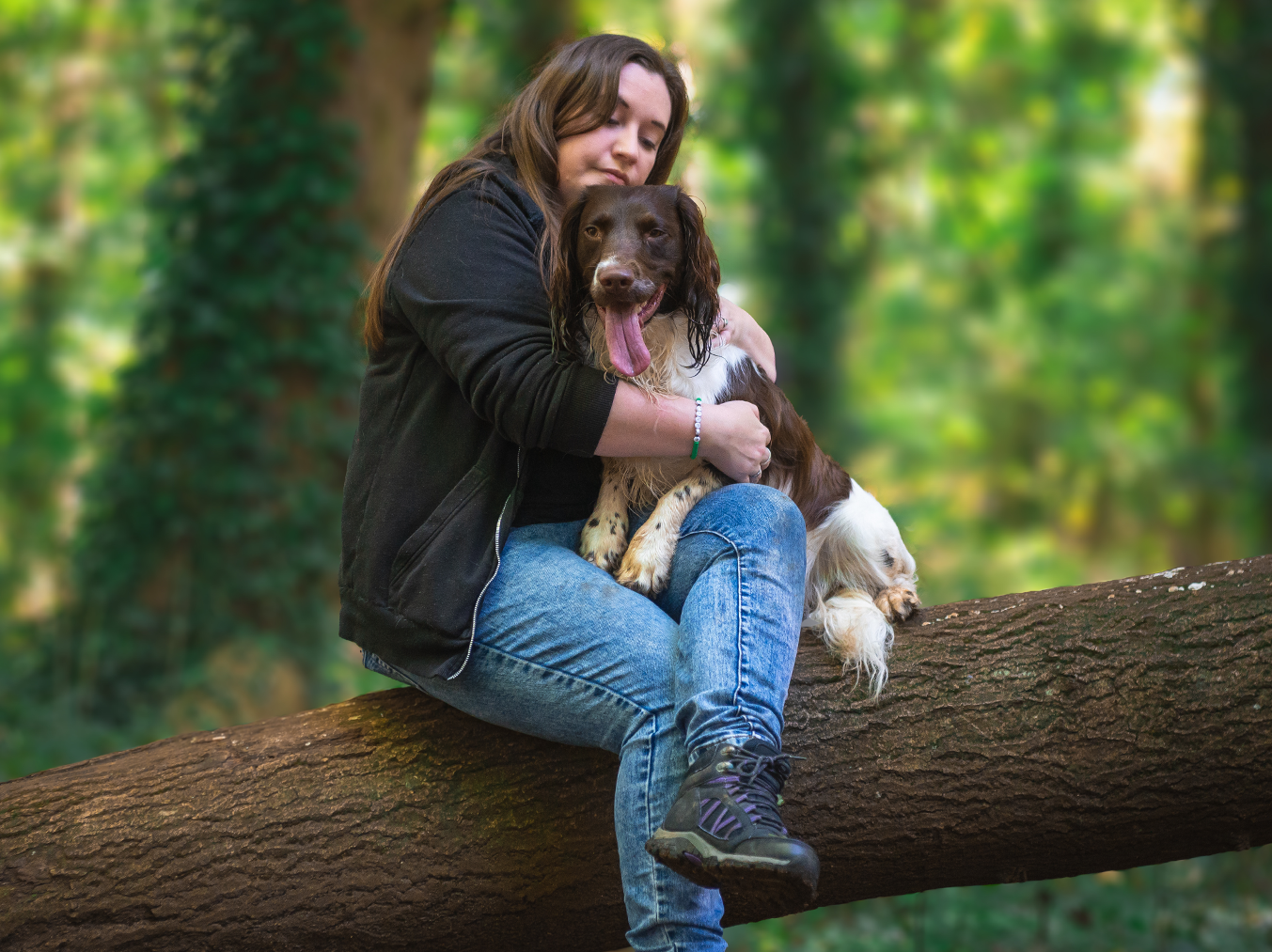3rd October 2024
How do Brits cope with the loss of a pet?
The heartbreak we feel upon losing a much-loved dog, cat, or horse is something that’s felt and understood by millions of owners across the world.
As a UK-based team, we wanted to find out how pet loss impacts people here, to enable us to better support our customers through goodbye and beyond.
So, we’ve explored the percentage of pet owners in the UK, the number of owners who seek counselling for their grief, and the most popular ways Brits remember their pets…
Percentage of people who own dogs, cats, and horses in the UK
Knowing that there are others who understand what you’re going through can be of comfort in the wake of loss. So, here are the number of people in the UK who are pet parents – meaning they’re likely to sympathise with how you’re feeling:
Estimated percentage of UK population who are dog owners – 28% (approximately 10.6 million dogs.)
Estimated percentage of UK population who are cat owners – 24% (approximately 10.8 million cats; due to 39% of cat owners having more than one cat, compared to 24% of dog owners with more than one dog.)
Estimated percentage of UK population who are horse owners – 0.3% (approximately 374,000 horse-owning households and around 850,000 horses.)

How many people seek counselling following the loss of a pet?
According to a report produced by Blue Cross and Sky News, the number of people seeking counselling following the loss of a pet has been increasing steadily since 2013. For instance, the Blue Cross’ Pet Loss Support Service received 6,240 requests for support in 2013, yet that figure rose to 17,367 in 2022.
Pet loss is recognised by many as a truly heartbreaking experience that can impact our capacity to face everyday life while grieving – just as losing a human loved one would. According to this Blue Cross Support Guide for Dealing with Grief, talking about your pet and how you feel after losing them is incredibly important throughout the grieving process.
However, a survey completed by Dignity Pet Crematorium in 2019 suggests that nearly half of those who’d lost a pet a year previously still struggled to talk about it. Another study carried out by Pets Magazine and Blue Cross suggests that of 2,000 owners questioned, only 50% were open to discussing pet loss with family or friends.
If you’ve experienced the loss of a beloved dog, cat, or horse, please reach out to an organisation that can offer you the support you might need to cope:
- Blue Cross Pet Loss Support Service.
- Cats Protection Paws to Listen.
- British Horse Society (BHS) Friends at the End.
What are the top 10 ways people choose to remember their pets?
Since the ways an individual or family decide to remember their lost dogs, cats, and horses are personal to them, there’s limited research available on the subject. So, we’ve found 10 of the memorial options most often recommended for pet owners in the UK, to offer insight into ways people remember their pets:
- Displaying a photograph of their pet in a special frame (e.g. personalised with their name).
- Setting up a memory box the whole family gets involved in creating (e.g. decorating the box, keeping a pet’s collar or competition rosettes safe, etc.).
- Placing a memorial stone in a quiet corner of the garden (e.g. a personalised stone plaque or natural stone painted with a pet’s name).
- Planting a tree or flowers in memory of their pet (or donating to a charity who can plant a tree on their behalf).
- Donating to an animal rescue charity in their late pet’s name (learn more about this via our article on ways to give back to animals after losing a pet).
- Wearing pet memorial jewellery (e.g. jewellery with their pet’s name on it or jewellery made using a few strands of their dog’s, cat’s, or horse’s hair).
- Creating a photo album or photo book (to fill with photographs of the wonderful memories they’ve shared with their dog, cat, or horse).
- Lighting a candle in their pet’s memory on special anniversaries (e.g. pet’s birthday, adoption anniversary, etc.).
- Having a small keepsake made that’ll be used every day (e.g. keyring, coasters, or a blanket decorated with photographs of their pet).
- Volunteering at a local animal rescue centre (especially if they don’t have another pet and miss the time they spent together, e.g. walking their dog).
To access a range of free resources, and the contact information of other organisations offering bereavement support, please visit our Pet Bereavement Hub.
